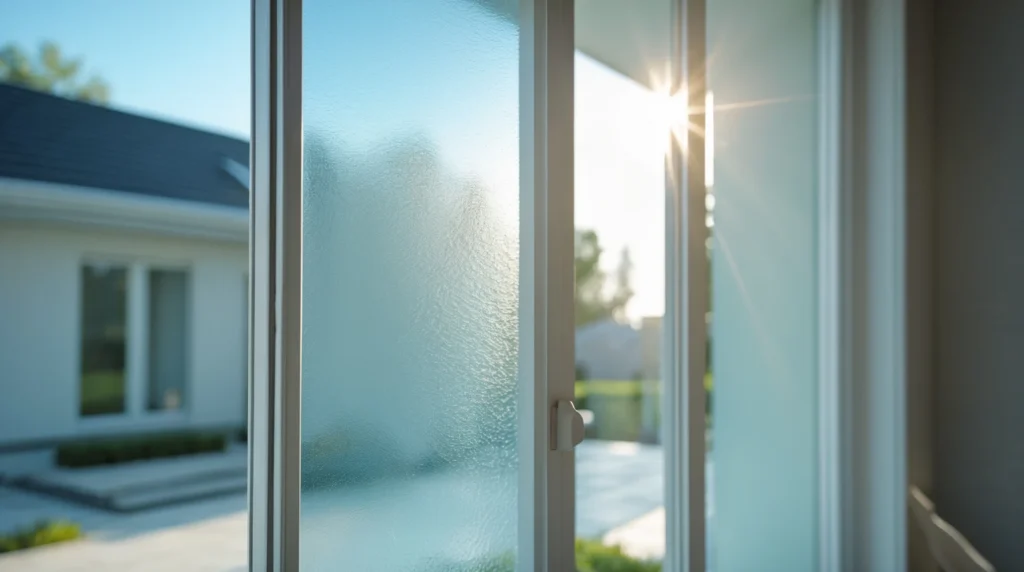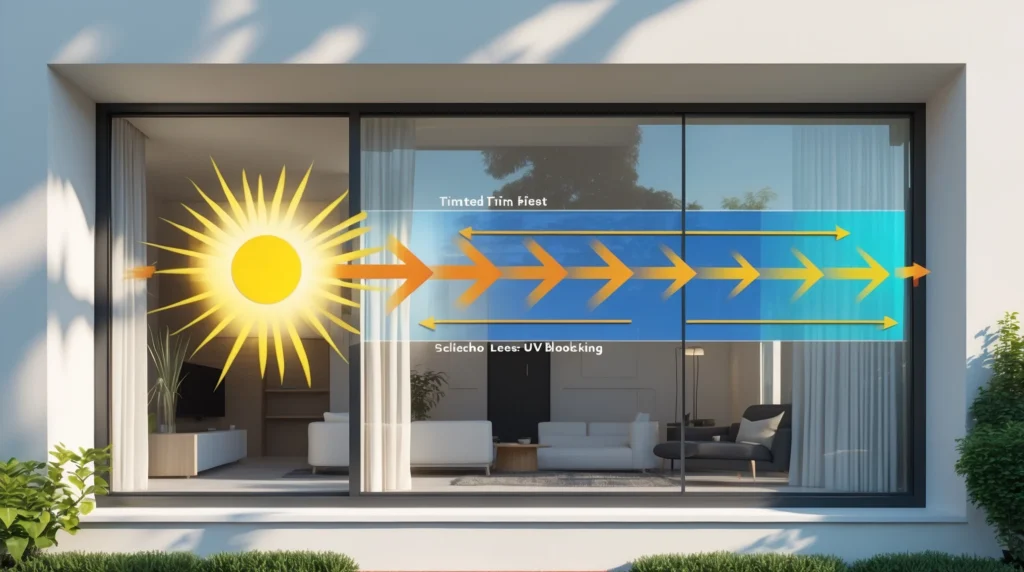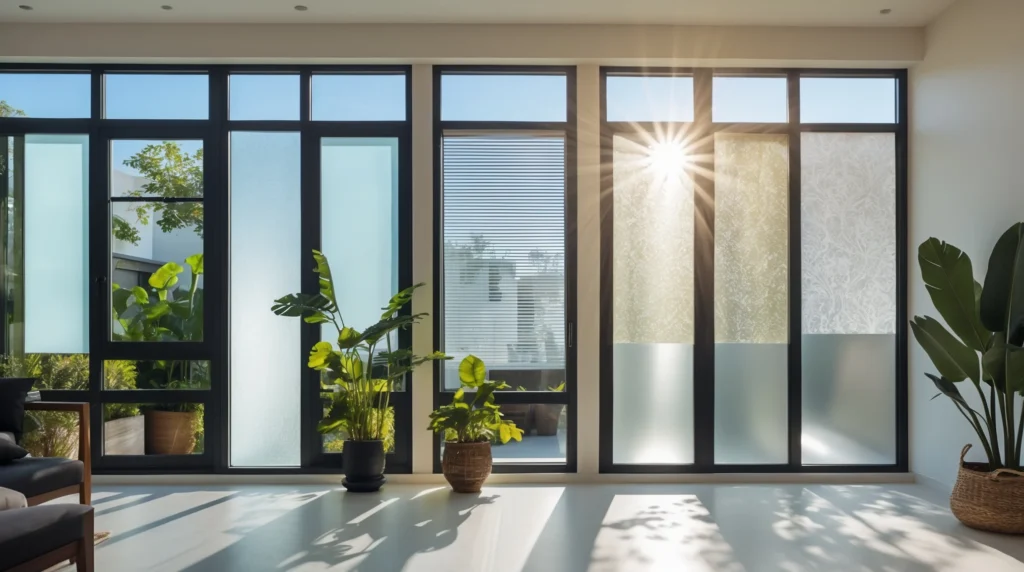This article explores the true benefits and costs of energy-efficient window tinting. You’ll learn what it is, how it works, and why it’s becoming a popular solution for saving energy at home. We’ll cover the different types of films, the science behind them, and how they reduce heat gain, cooling costs, and UV exposure. With expert insights from Window Tinting lasvegas, this guide helps homeowners understand the value of professional installation, warranties, and long-term savings.
Why Energy Efficiency Matters in Modern Homes
Energy costs continue to rise, and homeowners are searching for ways to reduce their monthly bills without sacrificing comfort. From air conditioners to heaters, most of our energy is spent on controlling indoor temperature. But what if there was a way to help your home stay cool in summer and warm in winter without overusing these systems? This is where windows play a big role. Windows are often the biggest source of energy loss in a home. Without proper treatment, they allow too much heat inside during the summer and let valuable warmth escape during the colder months. Solutions like energy-efficient window tinting can help change this.
What Is Window Tinting and How Does It Work?

Window tinting is a process where a thin film is applied directly to the surface of glass. While many people think of tinting as something only for cars, more homeowners are realizing the benefits of tinting house windows. The films come in different types. Some are designed to block heat, others to improve privacy or security, and many to reduce harmful UV rays. Once applied, the film becomes almost invisible but works quietly in the background to control how much heat and light pass through the glass.
For houses in warm regions, window tinting can make a noticeable difference in comfort and lower air conditioning use. For cooler climates, some films are designed to help retain heat indoors, reducing the need for constant heating.
Energy-Efficient Window Tinting: A Quick Overview
Energy-efficient window tinting is one of the smartest upgrades a homeowner can make. It works by balancing how much heat and light enter your home while keeping indoor temperatures stable. Instead of relying only on heating and cooling systems, this simple upgrade allows your windows to support energy savings.
Blocks Excess Heat and Reduces Cooling Needs
During hot summers, tinted films act as a shield against solar heat gain. They keep your rooms cooler naturally, which means your air conditioner doesn’t have to work as hard.
Retains Heat in Cooler Months
Not all films are just for blocking heat. Some low-E films are engineered to reflect indoor heat into the room during winter, helping you stay warm while using less energy.
Shields Against Harmful UV Rays
Tinted films can block up to 99% of harmful UV rays. This protects your skin from overexposure and also helps prevent fading on furniture, flooring, and artwork.
Increases Energy Efficiency for Lower Bills Year-Round
By lowering both cooling and heating needs, tinting reduces energy consumption across all seasons. This translates into smaller utility bills and a more comfortable living space throughout the year.
Types of Window Tinting Films for Energy Savings
Homeowners can choose from several window tinting options, each designed for specific needs:
- Solar control films: Best for reducing solar heat gain, especially in sunny climates.
- Low-E films for energy retention: Excellent for colder climates, keeping heat inside during winter.
- Security and safety films: Protect against break-ins and accidents while also offering energy benefits.
- Decorative or privacy films: While mainly aesthetic, some versions still help with UV and light control.
Each type comes with its own strengths. A professional installer can help determine which one works best for your home and climate.
The Science Behind Window Tinting and Heat Reduction

The idea may sound simple, but the science is fascinating. Window films are made of layers that can reflect, absorb, and filter light.
- How window tinting blocks UV rays: Special coatings stop ultraviolet radiation from entering, protecting your health and belongings.
- Reducing solar heat gain with tinting: Films act like a barrier, reflecting much of the sun’s infrared energy.
- Energy balance: By controlling what enters and exits, the film helps maintain a steady indoor climate.
This means less heat sneaks in during summer, and less warmth escapes in winter.
Home Window Tinting and Energy Savings Explained
One of the biggest questions homeowners ask is: Does tinting home windows save energy? The answer is yes.
- Home window tinting heat reduction: On hot days, tinted glass helps rooms feel cooler without running the AC all day.
- Window film energy savings: Many studies show energy bills can be cut by 10–30% depending on climate and usage.
- Does tinting windows reduce heat in the house? Absolutely, films are proven to lower solar heat gain.
- Does window tinting reduce heat in the house during winter? Low-E films are designed exactly for that, making them useful year-round.
How Window Tinting Reduces Cooling Costs in Summer
Summer brings longer days, higher sun exposure, and heavier reliance on air conditioning. With window tinting, your glass works for you instead of against you.
- Lowering cooling costs in summer: Homes with tinted windows stay cooler, which means air conditioners cycle less often.
- Reducing energy consumption: Every degree less your AC works saves money and lowers stress on your system.
This is why homeowners in hot climates notice the biggest savings right away.
Choosing the Right Window Tint for Your Home

Every home is different, which means no single solution works for everyone.
- Climate: Hot, sunny areas benefit most from solar control films. Colder regions may need low-E versions.
- Evaluating long-term durability and warranties: Look for films with strong warranties, since they will face years of direct sun exposure.
- Home style and design: Decorative tints can add privacy without sacrificing natural light.
A professional consultation is the best way to find the right balance of efficiency, style, and durability.
Professional vs. DIY Window Tinting
Some homeowners consider DIY window tinting kits. While these may seem cheaper at first, they come with risks.
- Films must be applied perfectly flat, or bubbles and peeling can appear.
- Poor installation can shorten the lifespan of the product.
- Professional vs. DIY window tinting isn’t just about skill; it’s about warranties, product quality, and guaranteed results.
Benefits of hiring a professional installer include access to higher-grade films, clean application, and peace of mind knowing the job is done right.
Local Benefits: Energy-efficient Window Tinting in Las Vegas
The desert climate makes cooling costs a serious concern for homeowners. Here, energy-efficient window tinting provides immediate benefits by keeping homes cooler under intense sunlight. Local companies like Window Tinting lasvegas understand the unique challenges of the region and recommend films that balance both heat rejection and energy retention.
Residents save on utility bills while also extending the lifespan of their cooling systems. In a sunny city like Las Vegas, this upgrade is more than a luxury; it’s almost a necessity.
Final Thoughts: Balancing Comfort, Savings, and Long-Term Value
Energy-efficient window tinting is one of those rare upgrades that combines comfort, protection, and savings. By lowering energy bills, reducing heat, and blocking UV rays, it quickly pays for itself. With so many film types available, homeowners can find an option that suits both budget and climate. Partnering with experienced providers such as window tinting lasvegas ensures long-term performance, strong warranties, and the confidence of knowing you made the right choice for your home.
Ready to cut energy bills and make your home more comfortable? Contact a trusted local installer today and start experiencing the benefits of energy-efficient window tinting.


